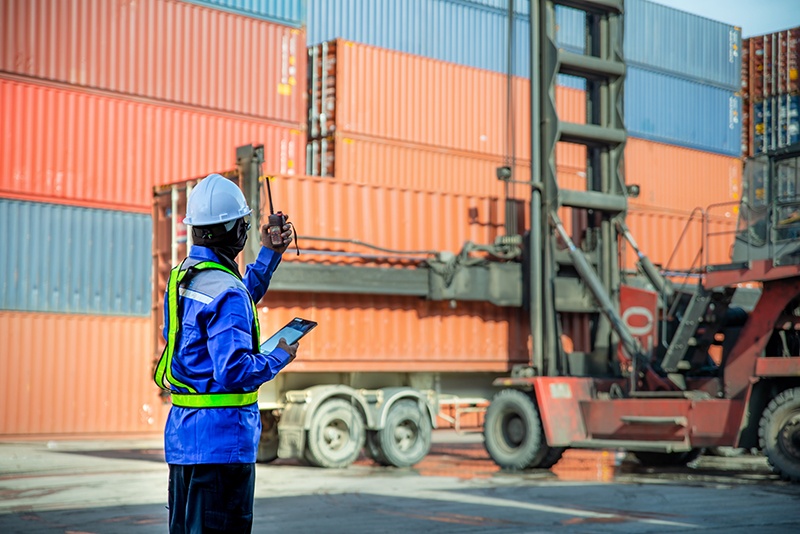COVID-19 has impacted economic sectors all around the world, and maritime transport is no exception. While the sector has demonstrated resilience in the face of this unforeseen circumstance, there is concern about how the challenges the pandemic leaves in its wake will be met. Consultant AGCS (Allianz) has drawn up a list, and these are some of the most pressing challenges.
1. Human error due to crew fatigue
A key aspect of the pandemic are issues in relieving crews due to restrictions at ports and borders. This means that these same workers spend more time than they should on-board, jeopardising their health and, consequently, the ship’s safety. Accumulated fatigue is the main reason for human error, which in turn is one of the most common causes of accidents on ships.
This problem is difficult to contain, but it can be alleviated by hiring local crows through cooperation amongst different crew management companies.
2. Insurance claims and losses
It is calculated that the greatest impact of loss from insurance claims will be felt in the cruise ship sector, due to owners’ liability to passengers and the crew. This sector plans to jump into gear again at the end of 2020 and into 2021. This good news, but it also entails facing possible legal action in the event of outbreaks on-board or cancellations.
Other claims that may be filed with cargo ships would be due to delays in freight delivery. These are especially fatal for cargo that may be damaged or depreciate.
3. Safety hazards
In this situation of greater operative precariousness for the sector, one great fear is that attempts will be made to reduce costs at the expense of safety. This could undo years of progress in safety.
In this regard, the fact that ports are working at half-mast could also lead to delays in port inspections, as well as response time to contingencies, worsening possible accidents such as fire, collisions and running aground.
4. Cargo damage and delays
When coronavirus burst on the scene, it altered transport cycles all around the world. This leads to cargo that is stored for longer periods of time, on occasion without appropriate security, with the risk of theft, loss, fire or inclement weather. In turn, delays can damage perishable or temperature-sensitive products.
For this reason, companies must wholeheartedly devote themselves to effective freight-transport plans and be prepared for unexpected events, also by using new tracking technologies like IoT.
5. Maintenance problems and breakdowns
Ship operators are dealing with risk of delay due to maintenance and repair. Interruptions in the supply of spare parts and other products can lead to delays or the use of materials of lower quality. This clearly increases the risk of machinery breakdowns, the cause behind one-third of sailing incidents.
Technology to tackle these challenges
Technology is a great ally to fight these challenges. Prosertek has devices like the BAS, a cutting-edge berthing aid system, which helps to reduce mishaps while berthing and unberthing at port, providing information to improve the operation.
With laser technology, BAS controls speeds and distance to the dock, guaranteeing safe berthing and preventing blows caused by inertia. Additionally, the tension of the berthing lines can be monitored and automatically released if necessary, fenders can be monitored, environmental conditions considered, and many variables more.



Comments are closed.